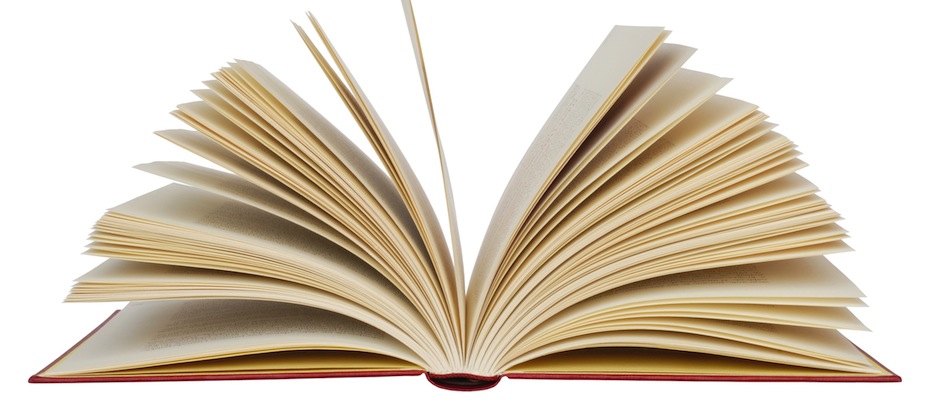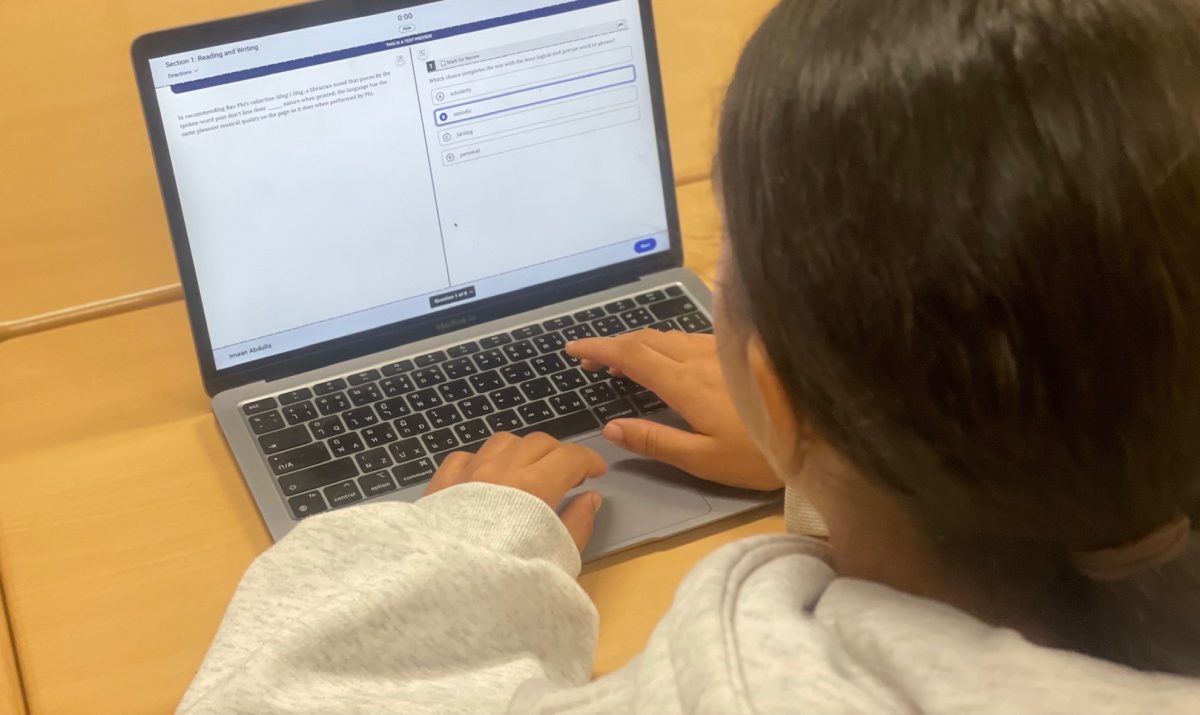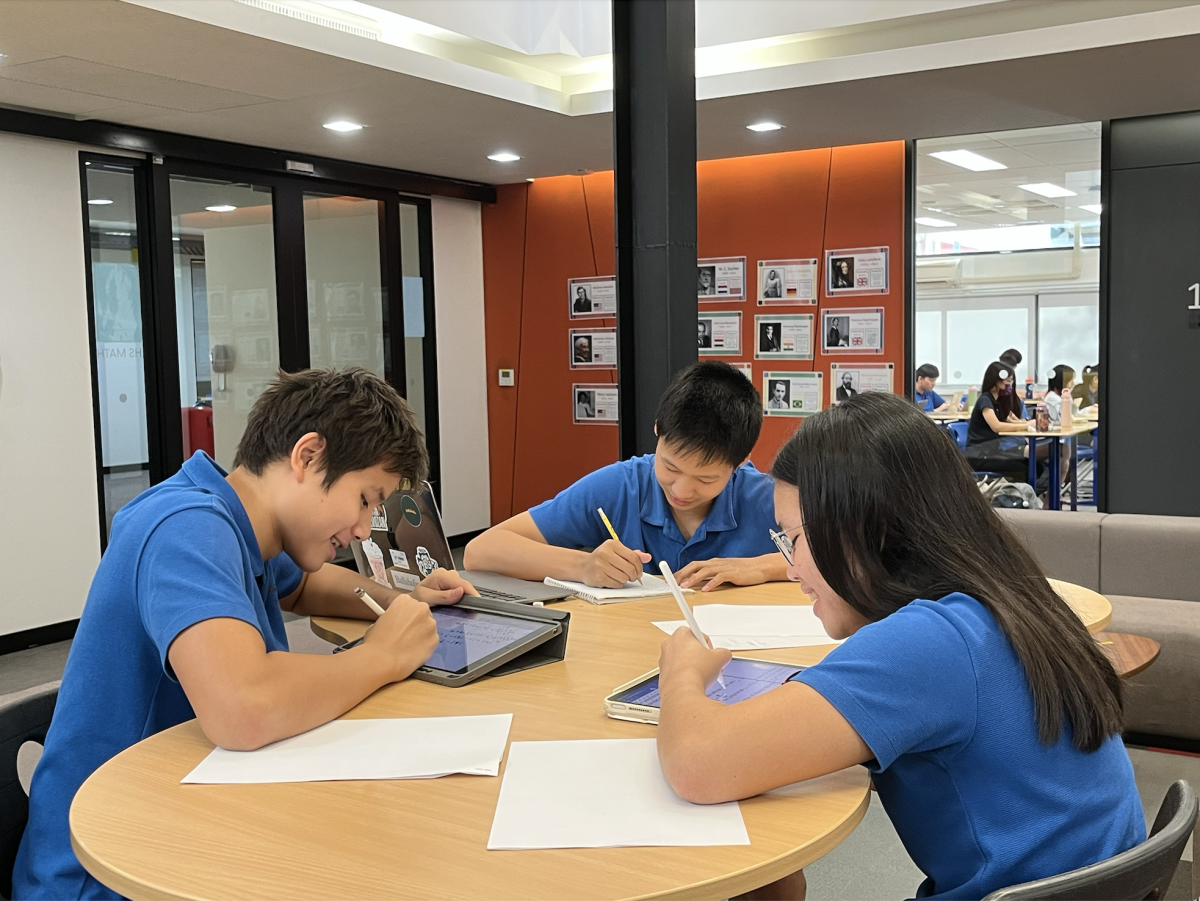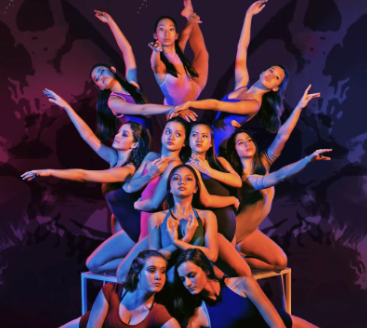Incoming IB Juniors are faced with a plethora of choices as they begin their IB careers. One of those choices fall under Group 1 – their “first language” course where they have two options (both offered at Standard Level (SL) and Higher Level (HL). Those courses are called IB Language and Literature and IB Literature.
The IB Language and Literature course offers students an opportunity to study a combination of Literature (novels, poems, drama etc.) and Language implications in a range of “non-literary” text types such as speeches, advertising, editorials and campaigns. In HL, students study 6 literature texts over 2 years; in SL it is 4. In both levels, students will also study a wide range of text types like advertisements, speeches and articles.
The IB Literature course focuses on the close appreciation of literature (novels, drama, poetry and non-fiction). In HL, students study 13 texts over the two-year course while in SL they take on 10.
Recent graduate classes at ISB have leaned heavily towards the Language and Literature course when making their choice. Currently at ISB about 89% of Junior and Seniors take the IB Language and Literature; 6% take IB Literature and the remaining 5% take other Group 1 Languages or “non-IB” English 11.
Both IB Literature and IB Language and Literature are great classes taught by phenomenal teachers. So why does such a large percentage of ISB students end up selecting IB Language and Literature instead of IB Literature?
Student’s thoughts:
ISB students offer educated opinions on both classes; what becomes obvious very quickly, is that students are finding both courses to be very valuable learning experiences.
For many, the Lang/Lit classes offers a wider range of reading and media studies which appeals to those who would like to broaden their English experience. Year 2 IB Language and Literature student Katy Lewis (12) took the Lang/Lit class to “improve [her] speaking skills” and figured that “since the class did include some Literature, [she] would be getting the best of both worlds. She ”believes that only “5% of students take the Lit class is because there is not enough information about it,” while hoping that there will “be more awareness of how great the Literature class is.”
Year 2 IB Language and Literature student Ju Hwan Kim (12) chose Lang/Lit because she “absolutely dreads writing commentaries and analyzing literature” and finds the “language component of the Lang/Lit course very appealing.”
Year 1 IB Language and Literature student Sammi Thomas (11) took the Language and Literature course and enjoys that they “talk about universal topics, like the effect of media on communication, the idea of universal languages and much more.”
Year 1 IB Language and Literature student Faith Pearson (11) mentioned that “a lot of people like learning about language and the culture around them.” She also feels that the Language and Literature class “might attract more people because it tends to sound more exciting.” Her 10th grade teacher also “sold IB Literature as boring and filled with analyzing and Language and Literature as more exciting with aspects of media studies, not just literature.” She concluded by saying that “Language and Literature is not only teaching [her] English, it is teaching [her] how to open [her] perspective and become a better person.”
All of the students that have chosen to take Language and Literature mention how the class has offered them a wider range of readings than the Literature course does, and how that may provide them with more opportunity as they explore future University options. IB Literature students also recommend the Literature course for similar reasons.
Year 2 IB Literature student David Hallengren (12) mentioned that there is “a perception (a very inaccurate one, in [his] opinion) that the Literature class is abnormally demanding, in terms of time and effort.” He said that “people seem to think that Lit students do nothing in their spare time but read assigned texts and write commentaries, so it’s little wonder that the Lit class is so unpopular amongst rising Sophomores”. He decided to take IB Literature “because a powerful book or poem has the potential to send shivers down [his] spine, while a thoughtfully crafted advertisement or argumentative essay does not.” IB Literature was most attuned to his interests and ultimately what he wanted to study for two years. IB Literature is one of his favorite classes and he firmly believes that it is the “aspect of the study of literature that makes it so enriching.”
Year 2 IB Literature student Aaron Tan (12) also greatly enjoys the Lit class and mentioned that it “has led to great philosophical discussions regarding the human experience.” He believes that the reason why there are so many more students taking IB Language and Literature is because many English 10 teachers “describe Literature class as one of the most difficult IB classes and that only those planning to major in English for college should consider taking it.”
Year 1 IB Literature students Seamus Murphy (11) and Samantha Brickerd (12) chose to take IB Literature because they love reading and exploring the messages in literature. The class for them has been an amazing experience.
Teacher’s thoughts:
Teachers again advocated for both courses with the underlying premise being that students should make an informed choice that best fits their interests.
IB Literature teacher Mr. Conor Duffy is very passionate about what he teaches. “I believe both classes are fabulous options for ISB students,” he begins “ but I have to admit I am slightly amazed at the percentage breakdown [with 89% opting for Lang/Lit]”. He admitted that being a Literature teacher he is a bit biased, but went on to say that he “truly [believes] that through reading you learn about the human condition (understanding other cultures, yourself, what motivates us as humans, etc.) and are informed about any profession you care to pursue as well as being improved as a positive addition to the human race.” Mr. Duffy believes that while the Language and Literature class offers some literature and a wide range of topics on media and advertising, which are important, appealing, and worth considering, nothing is more important than being well read. He explained that “the more complex and varied literature you have read, the more prepared you are for a Globalized World.” He also firmly believes that “if you can unpack a soliloquy by Hamlet, you will have few problems understanding the subtleties of an infographic or a speech from Nelson Mandela” but is “not sure if the reverse is true.”
IB Language and Literature teacher Mr. Andrew Cohen was not as surprised about ISB’s statistics. He figured that “perhaps the majority of students are intimidated by the number of texts IB Literature students are expected to read.” Because of this he believes that “students perceive it as the ‘harder’ or ‘more time consuming’ course.”
Head of the English Department, Mr. Brad Augustine acknowledges the fact that IB Language and Literature “allows students to think about ideas such as how English is becoming a global language at the expense of other minor languages, including even Thai”. However he holds the language and mass communication unit taught in IB Language and Literature in high regards since and believes that “after our family, perhaps no single influence shapes how we view and understand the world around us more than the media. From the internet to billboards, newspapers to blogs, advertisements to television, we are inundated with the media everywhere we look and this unit explores all of the positive and negative aspects of that inundation. What I especially like about this unit is how much it is constantly changing. Studying Hamlet is amazing, but is there anything new being said after four hundred years? Twitter, Facebook, Pinterest … the number of social media sites that impact our world changes every time I teach this unit. Because it is so relevant to students, this unit usually speaks to students in a powerful way.”
In all, he believes that “both Lit and Lang/Lit are excellent courses that prepare all students for the demands of writing and reading at the university level”. The English Department is proud to educate our students with respect to the two options they have and let them make an educated decision on what works for their future plans.
Other facts and figures:
Another fact students should take into consideration are recent results on IB exams. Since IB Language and Literature was first examined in 2011, there has been a trend that looks like this:
IB English A: Language and Literature HL world average: 5.10
IB English A: Literature HL world average: 4.76
When asked about this disparity, IB Head of Curriculum for Groups 1 & 2, Mr. James Monk claimed that “IB will be working hard to bring more parity and balance to the assessments standards of both classes in the coming years.”
At SL it evens out where both Language and Literature, and Literature, have world averages around 5.1. Of course, the number of students world-wide who take these courses has an influence on these numbers. Currently, more students take the Literature class world-wide as a lot of schools have not fully adopted the Language and Literature course yet.
At Bangkok Patana School (Bangkok)
IB coordinator Mr. Andrew Roff, explained that “currently [they] only offer the English A: Literature course at Bangkok Patana.” This results in 95% of the students choosing to take IB English A: Literature, with 22% taking other group 1 Languages (17% of these also taking IB English A: Literature). When asked why only the IB Literature class and not the IB Language and Literature class is offered at Bangkok Patana, Mr. Roff explained that “[they] are going to offer IB Language and Literature as of next year.” They had “wanted to see how it was before jumping in” and they “like it and are happy that it provides something that [they] now want to offer [their] students.”
NIST (Bangkok)
According to IB coordinator Mr. Paul Cooper, at NIST about 80% of IB students choose to take IB Language and Literature and only about 20% go for IB Literature.
ISKL (Kuala Lumpur)
According to Mr. Grant Venables, an IB Literature teacher at ISKL, the breakdown there is as follows: Lang/Lit – 75%; Lit – 17%; other Languages: 8%.
ISB (and IB) offer two great IB Group 1 Language courses. You will learn a great deal in both IB Literature and IB Language and Literature. Both are equally intriguing classes and you really can’t lose with either one but in the end you have to choose what is best for you.
Antonina (Tosia) Lekawska (10)







